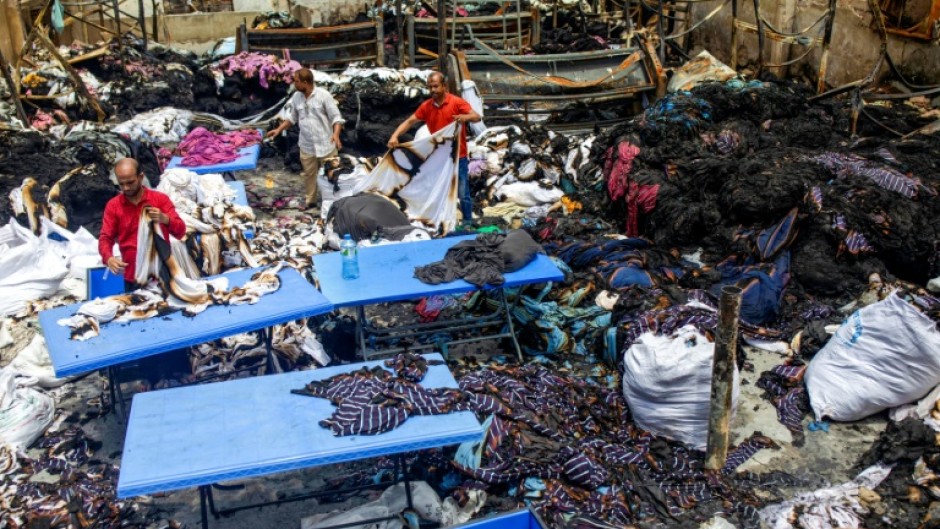DHAKA - Garment factories and banks reopened in Bangladesh after authorities eased a curfew imposed to contain deadly clashes sparked by student protests over civil service employment quotas.
Last week's violence killed at least 186 people, according to an AFP count of victims reported by police and hospitals, during some of the worst unrest of Prime Minister Sheikh Hasina's tenure.
Thousands of troops are patrolling cities around the South Asian country to keep order, and most Bangladeshis remain without internet nearly a week after a nationwide shutdown was imposed.
But with calm returning to the streets after several days of unbridled mayhem, the country's economically vital textile factories resumed operations after government clearance.
"We were worried about the future of our company," 40-year-old factory worker Khatun, who gave only one name, told AFP.
Despite the disruption, Khatun said she supported the demands of student protesters to reform government hiring rules and was shocked by last week's violence.
"The government should implement all their demands," she said. "A lot of them were killed. They sacrificed for future generations."
The garment industry generates $50-billion in yearly export revenue for Bangladesh, employing millions of young women to sew clothes for H&M, Zara, Gap and other leading international brands.
"All garment factories have reopened across the country today," a spokesperson for the Bangladesh Garment Manufacturers and Exporters Association told AFP.
Banks, the stock exchange in the capital Dhaka, and some government offices also opened between 10am and 3pm to match the daily break in the stay-home order, government spokesman Shibli Sadiq told AFP.

